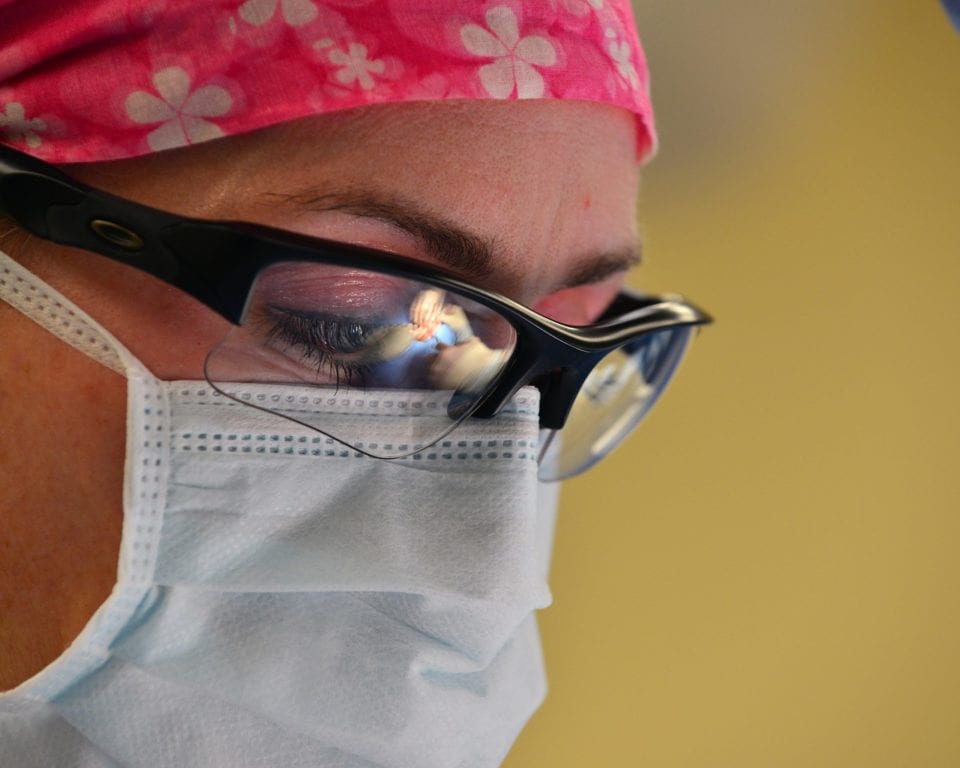According to a story from biospace.com, a research team from the National Cancer Institute was able to successfully deliver an experimental nanomedicine to mice that had rare cancers such as pancreatic neuroendocrine tumors (PNETs) and metastatic thyroid cancer. The treatment was safe and effective and could offer new hope to patients with rare cancer.
The results of the study were published in the latest journal released by the Institute. CYT-21625, the nanomedicine being tested, was the end result of a partnership between CytImmune Sciences, Inc., and Dr. David Kingston from the University of Virginia. CYT-21625 is especially remarkable because of its ability to target solid tumor masses selectively. It can also deliver a pair of anti-cancer drugs on the same nanoparticle. This results in reduced toxicity for patients, reducing side effects and improving their quality of life.
In prior studies, earlier nanomedicines were able to deliver strong doses of Tumor Necrosis Factor, an anti-cancer agent that would have otherwise been too toxic to deliver with more conventional methods.
In the study, CYT-21625 was able to deliver superior results when compared side-by-side with paclitaxel, a cancer drug that has already been approved by the FDA. The cancers used in the study are generally rare and have some of the worst survival rates, such as PNETS and anaplastic thyroid cancer (ATC), which have five year survival rates of only 16 percent and 5 percent, respectively.
These results make it clear that this cutting edge nanomedicine has the potential to significantly improve outcomes in patients with rare and deadly types of cancer that currently have only minimal hope of survival. However, it is important to note that the current study only used mouse models. The next step will be testing CYT-21625 in human subjects in clinical trials.







